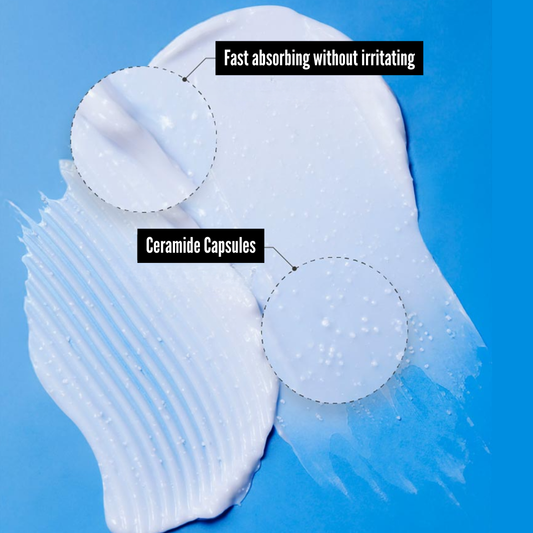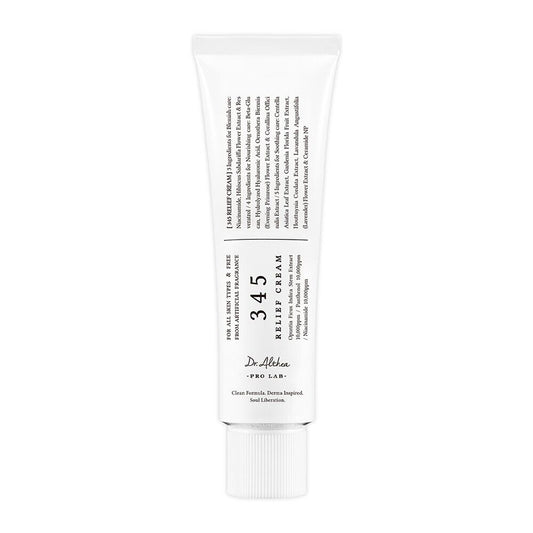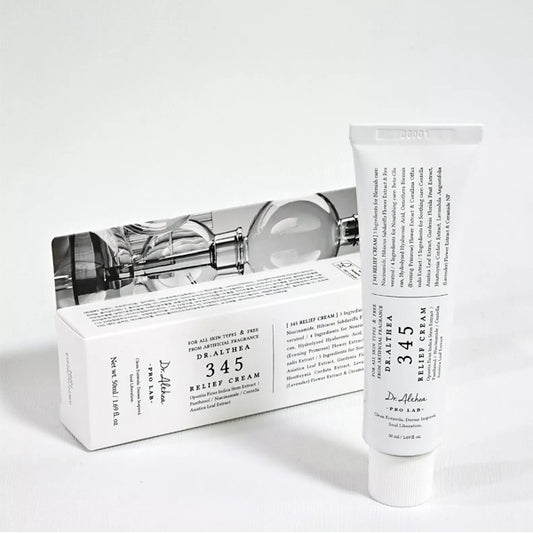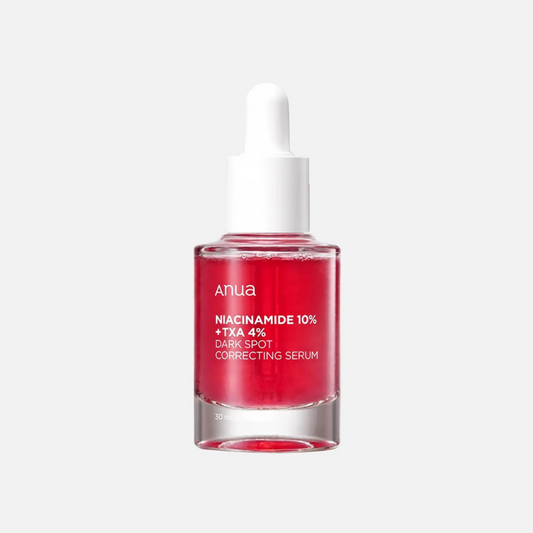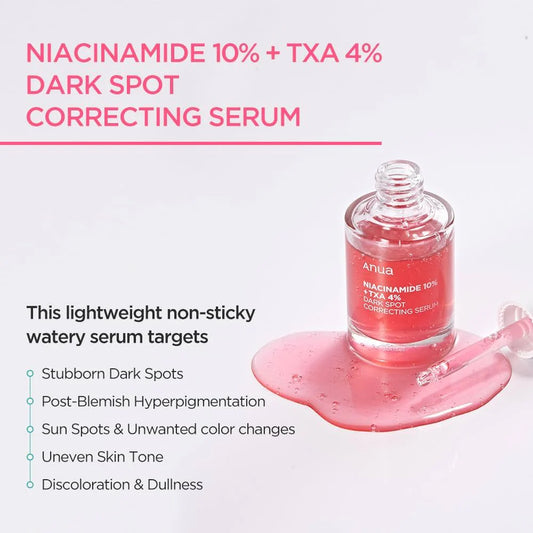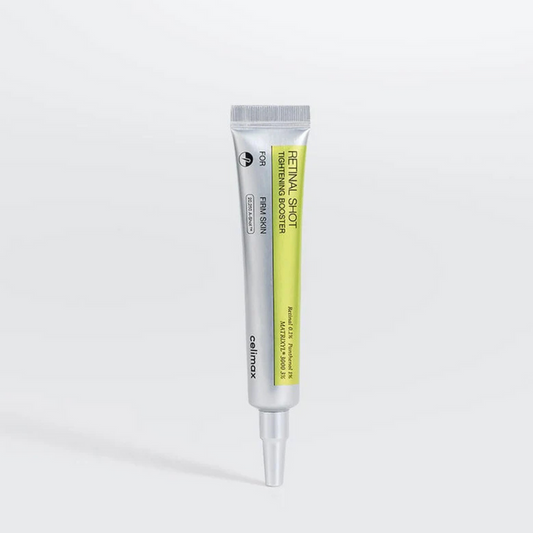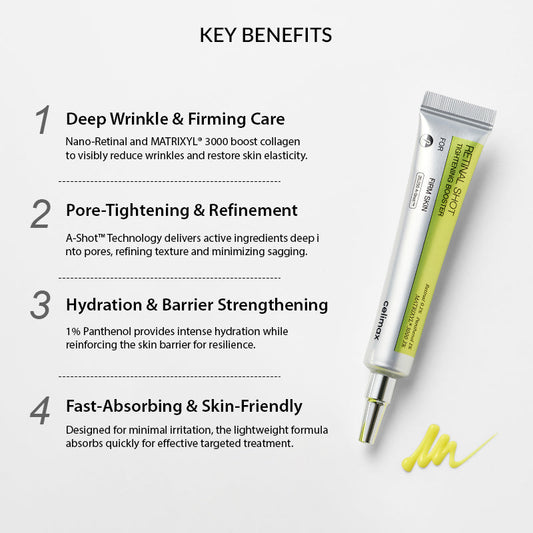
What is Inflammaging Really? How to Combat?
Share
Inflammation is a problem that many of us face, but did you know that there are different kinds of inflammation? Our skin can become inflamed thanks to a wide array of irritants, like stress, “maskne,” hormonal changes, and more, and can become red, irritated, leading to breakouts. Considering the stress of our daily lives - especially the year we had in 2020 - more and more skincare products are now featuring calming ingredients.
Unfortunately, there’s yet another side effect that’s caused by inflammation: inflammaging. Chronic, low-grade inflammation is what causes inflammaging, which is a portmanteau of “inflammation” and “aging.” That’s right, mild inflammation over time can actually cause your skin to age more rapidly - and you might not even notice it.
What’s Inflammaging Really?
Inflammation, believe it or not, is actually a good thing that your body does. It exists to protect you, signalling to your system that something is wrong. In fact, a number of anti-aging procedures actually try to incite inflammation in problem areas because when regulated properly, your gently damaged cells are prompted to heal. When inflammation occurs due to triggers over time, though, it may manifest in skin issues like rosacea and eczema. When the inflammation is constant, that can spell further trouble.
Lifestyle factors like pollution, anxiety, stress, poor diet, sun exposure, and smoking will trigger your skin, but not in a particularly noticeable way. Over time, however, these factors may break down your elastin and collagen - the two things that will compromise the plumpness and dewiness of your skin.
Interestingly enough, inflammaging doesn’t only pertain to your skin; it is something that happens to your entire body. Inflammation may actually contribute to age-associated diseases like Alzheimer’s. Skin-specific inflammaging manifests in things like crow’s feet, wrinkles, uneven skin tone, poor texture, and an overall slowing down of your cells’ ability to repair themselves.
So How Can I Combat This?
As you may have noticed, there are more and more skin-soothing ingredients coming onto the scene, such as oatmeal thanks to its anti-inflammatory, moisturizing, and soothing properties. Cica is another ingredient that you may see listed in the ingredients. Cica is a powerful antioxidant that helps to reduce the appearance of scarring and redness, and it’s also ultra-calming. Willow herb has also become a very popular anti-inflammatory and antimicrobial ingredient.
But before we talk about offense, let’s speak to defense. The easiest way to prevent inflammaging is, of course, limiting exposure to the aforementioned environmental triggers. Avoid the things that you know cause inflammation! Sun damage, for example, can impair your skin’s ability to repair itself. And so, to defend yourself from further damage, we highly recommend wearing daily sunscreen with a minimum SPF of 30. Make sure that it contains titanium or zinc, too! Zinc is great for blocking long UV-A rays, and titanium is effective at blocking UV-B and short-wave UV-A rays.
Another way to give your skin an extra layer of defense is by using products that have antioxidants, such as vitamins A, C, and E. Antioxidants that you apply to your skin are proven to help treat signs of aging and also combat inflammation. Vitamins A, C, and E are known to help neutralize free radicals that prematurely age your skin. Some studies have shown that CBD products can also help with inflammation in skin.
Defense, when it comes to your skin, is crucially important because once your skin is damaged, it’s hard to repair. If your skin is showing signs of chronic inflammation, it is important to avoid those anti-aging procedures we talked about above, since it can cause further damage.
We said it once and we’ll say it again: when it comes to skincare, offense is the best defense. Ensuring that you avoid things that may trigger your inflammation, such as too much sun, and incorporate a good skincare routine may help prevent inflammaging.


